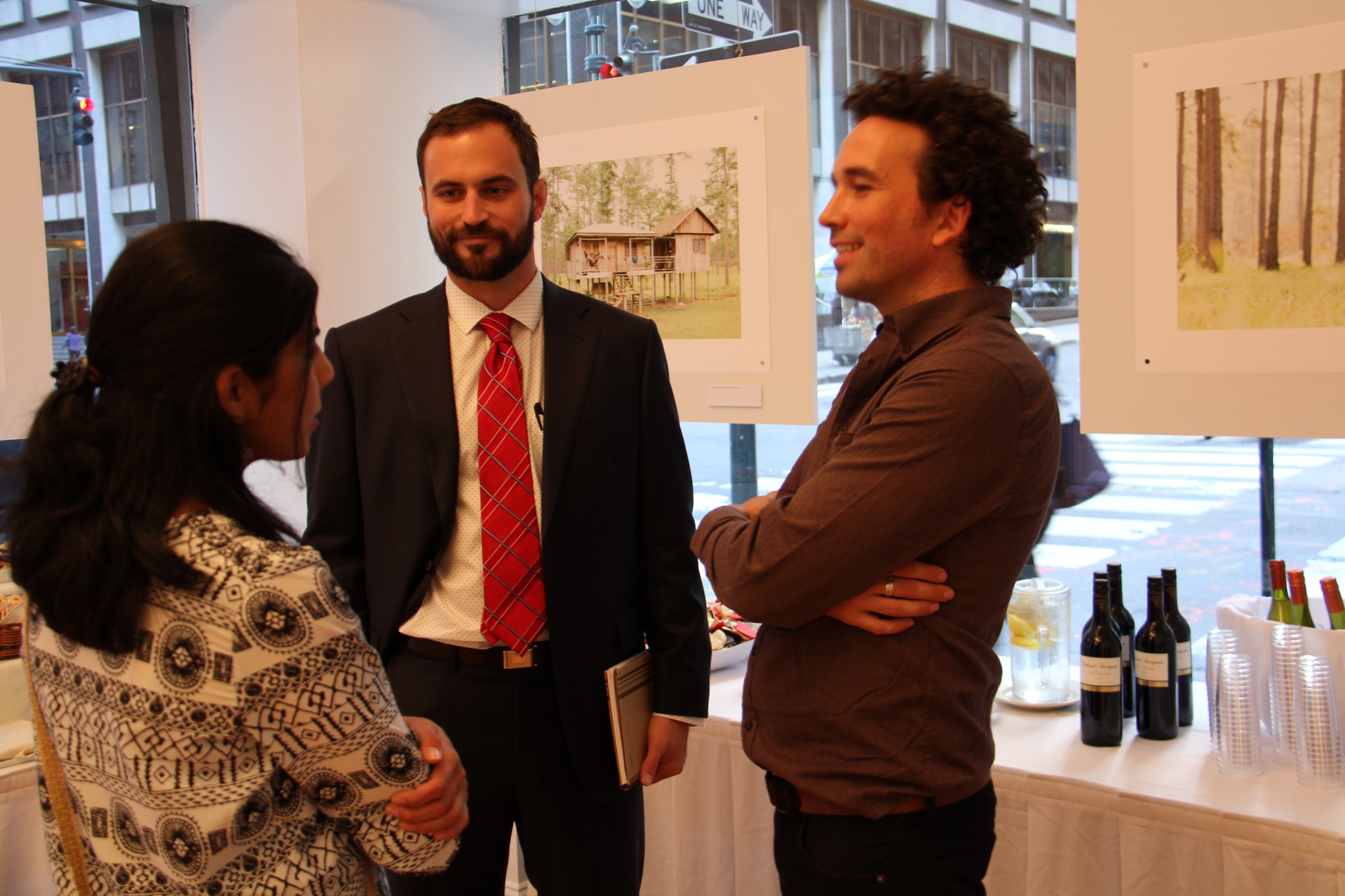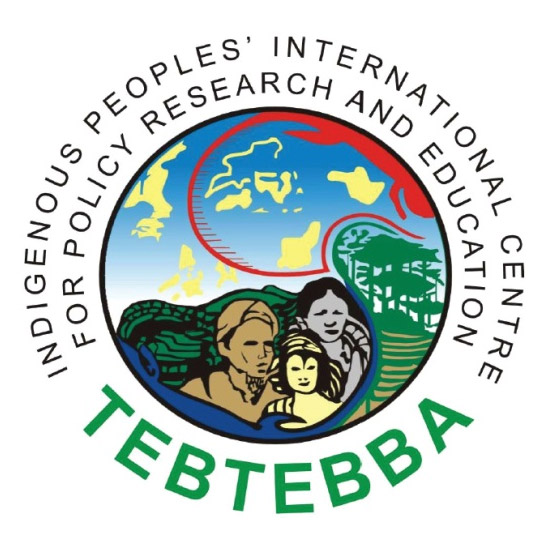Dear friends. I truly appreciate the opportunity and voice the “If Not Us Then Who” project has given some of the world’s most marginalized—and yet vital—peoples of the world as we battle to protect our lives, our cultures and our forests. I met with the producers of this film in my recent visit to Jakarta and they also invited me to take part in this event. I regret that I am not able to join you in person tonight as you celebrate and bring the stories and struggles of the world’s Indigenous Peoples, bringing them to the fore at a most fitting time—a time when more and more amongst the international community are finally recognizing the world’s tropical forests as not just biodiversity warehouses and carbon sinks, but first and foremost as the homes of millions of Indigenous Peoples and local communities. These forests are also where some of our sacred sites are found and where our customary systems of governance for forest and ecosystem conservation and sustainable use are practiced . There are many evidences which show that many of the world’s remaining forests are found in indigenous peoples’ territories. This is not an accident. This is because of traditional knowledge systems and sustainable lifestyles developed and practiced by our ancestors and us, their descendants. To save our forests—these places of wonder—the international efforts must focus on restoring and protecting the rights of indigenous peoples and local communities whose stewardship has been protecting the natural resources contained in them for centuries. The national governments attending the international meetings scheduled next week need to first embrace the fact that the forests are more than an investment opportunity. They are also full of the very people who are best at conserving these spaces. And without recognizing our rights and our knowledge systems which sustained these forests, the chances of conserving, protecting and using sustainably these landscapes will be greatly undermined.”
Victoria Tauli-Corpuz, UN Special Rapporteur on the Rights of Indigenous Peoples

